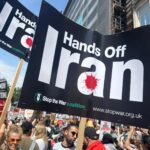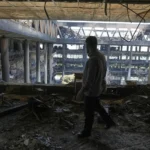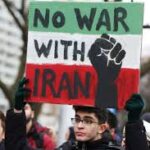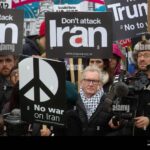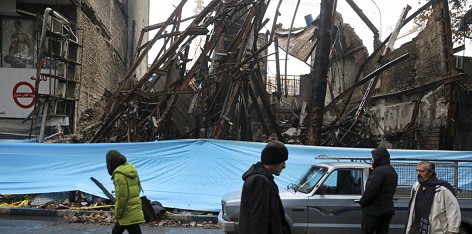
Iran’s Tudeh Party said the victims bared the hallmarks of having been extrajudicially executed
MONDAY, DECEMBER 16, 2019
THE brutal crackdown of anti-government protesters in Iran last month is eerily similar to South America’s “dirty war” of the 1970s and ’80s, Iran’s communists said today after a rights charity raised its estimate of the numbers killed.
Amnesty International said today that at least 304 people were murdered during the protests, a significantly higher number than it had reported previously.
The protests, which lasted about four days in several cities and towns, were sparked by a sharp rise in gasoline prices. During the violence and in the days that followed, the theocratic regime blocked access to the internet.
“Harrowing testimony from eyewitnesses suggests that, almost immediately after the authorities massacred hundreds of those participating in nationwide protests, they went on to orchestrate a wide-scale clampdown designed to instil fear and prevent anyone from speaking out about what happened,” said the charity’s Middle East and North Africa research director Philip Luther.
Amnesty said today it had obtained and verified video footage of security forces opening fire on unarmed protesters.
It said the majority of the deaths it recorded were as a result of gunshots to the head, heart, neck and other vital organs, indicating that the security forces were shooting to kill.
The Tudeh Party of Iran’s international secretary Navid Shomali told the Star that the silence from international governments was deafening.
“The number of those killed is steadily going up as more bodies are found having been dumped in rivers and lakes with their hands bound and with bullet wounds to their heads and upper bodies, essentially bearing the hallmarks of having been extrajudicially executed.
“The theocratic regime is tight-lipped about the casualties and is hoping that this news will eventually die down. These atrocities should be brought to world public attention.
“The regime should be forced to end its repression of those legitimately and righteously opposing its continuing rule. Opposing the harmful and reactionary policies of the regime is a legitimate right of the opposition. The regime cannot use brutal force to stop dissent.”

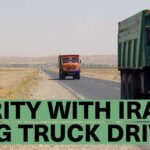





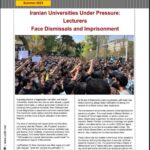
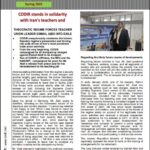




 Posted in
Posted in 
